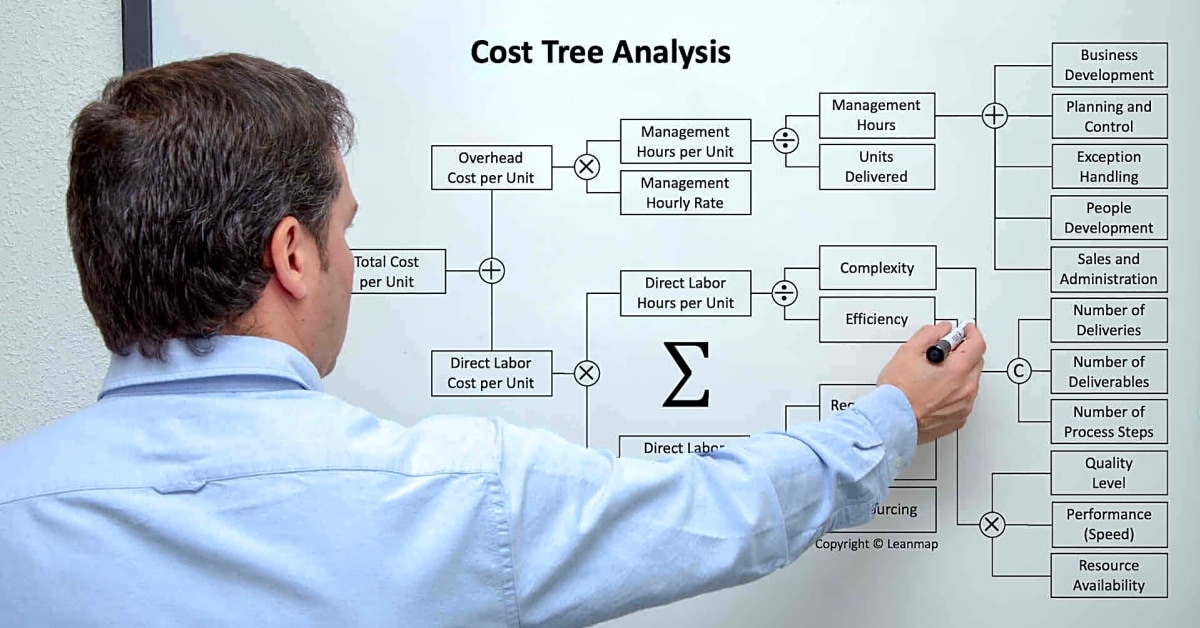In today’s rapidly evolving business landscape, Chief Operating Officers (COOs) are constantly seeking ways to cut costs and increase efficiency. One of the most effective ways to achieve this is by implementing cost-saving measures. These measures not only help organizations save money, but they also enhance their competitive edge and improve overall performance. As a COO, it is your responsibility to ensure that your company’s budget is managed wisely and that resources are utilized in the most efficient manner. In this article, we will discuss how you can successfully implement cost-saving measures as a Chief Operating Officer, providing valuable insights and tips on budgeting strategies and cost control. Whether you are facing financial challenges or simply looking for ways to optimize your company’s operations, this article will serve as a comprehensive guide for COOs seeking to implement cost-saving measures. So let’s dive in and explore how you can effectively reduce costs and drive success for your organization.
To effectively implement cost-saving measures, there are several key areas that you should focus on. These include team management, budgeting skills, and operational efficiency. Let’s break down each of these areas and discuss how they can contribute to cost savings in your organization.
Team Management: Effective team management is crucial for any organization, and it can greatly impact its financial performance. As a COO, it is your responsibility to ensure that your team is working efficiently and collaboratively towards achieving the organization’s goals. This means identifying areas for improvement and implementing strategies to increase productivity and reduce costs. For example, you can encourage cross-functional collaboration to streamline processes and eliminate redundant tasks.
Budgeting Skills: As a COO, you are responsible for managing the organization’s budget. This involves creating a budget plan, monitoring expenses, and identifying areas for cost-cutting. To effectively manage the budget, you must have strong analytical skills to identify inefficiencies and make data-driven decisions. You should also have the ability to negotiate with vendors and find cost-effective solutions for the organization.
Operational Efficiency: Operational efficiency is key to cost savings. This involves optimizing processes and procedures to eliminate waste and improve productivity. As a COO, you should regularly review and assess your organization’s operations to identify areas for improvement. This could include automating certain tasks, outsourcing non-core functions, or implementing new technologies.
Budgeting Skills
As a Chief Operating Officer (COO), one of your key responsibilities is to oversee the financial stability of your company. This includes implementing cost-saving measures to ensure that your organization stays on track with its budget.
In order to effectively manage your company’s finances, having strong budgeting skills is essential. Not only does this involve being able to create and analyze budgets, but also being able to identify areas where cost-saving measures can be implemented.
As a COO, having a solid understanding of budgeting strategies and cost control is crucial in order to make informed decisions that will benefit your company in the long run. By implementing cost-saving measures, you not only save money for your organization but also demonstrate your financial management skills as a COO.
Therefore, it is important for COOs to constantly improve and refine their budgeting skills in order to ensure the financial stability of their company.
Operational Efficiency
As a COO, one of your main responsibilities is to oversee operations management, strategic planning, and organizational development. In order to ensure the financial stability of your company, it is crucial to have a solid understanding of budgeting strategies and cost control. One key aspect of this is optimizing operations to achieve operational efficiency.
By improving operational efficiency, you can reduce costs and increase productivity. This can be achieved through various methods such as streamlining processes, implementing new technologies, and identifying areas for improvement. By carefully analyzing and optimizing each aspect of your organization’s operations, you can identify and eliminate inefficiencies that may be causing unnecessary expenses.
Not only does optimizing operations lead to cost savings, but it also improves overall performance and competitiveness. When operations are running smoothly and efficiently, it allows for better allocation of resources and faster response times to changes in the market. This can give your company a competitive edge and help drive success.
Team Management
One of the key factors in successfully implementing cost-saving measures as a Chief Operating Officer (COO) is effective team management. As the leader of your organization, it is your responsibility to ensure that your team is working efficiently and effectively towards achieving the goals and objectives of the company. This not only helps to boost productivity, but also plays a crucial role in cost savings.
Effective team management involves creating a positive work environment, fostering collaboration and open communication, and delegating tasks and responsibilities effectively. By creating a positive work culture, employees are more motivated and engaged, leading to higher productivity levels and better cost-saving results.
Collaboration and open communication are also key elements in team management for cost savings. When employees are encouraged to share their ideas and opinions, it can lead to innovative solutions for cost-saving measures. Additionally, by promoting teamwork, employees can support each other and work together towards achieving common goals, ultimately leading to better cost control.
Another important aspect of team management for cost savings is effective delegation. As a COO, you cannot do everything on your own. Delegating tasks and responsibilities to your team members not only helps to ease your workload, but also allows each individual to utilize their skills and expertise for the benefit of the company. This leads to more efficient work processes and better cost control.
As a COO, it is important to have a comprehensive understanding of cost-saving measures and how they can impact your organization’s financial performance. By focusing on team management, budgeting skills, and operational efficiency, you can effectively implement cost-saving strategies and contribute to the overall success of your organization.
